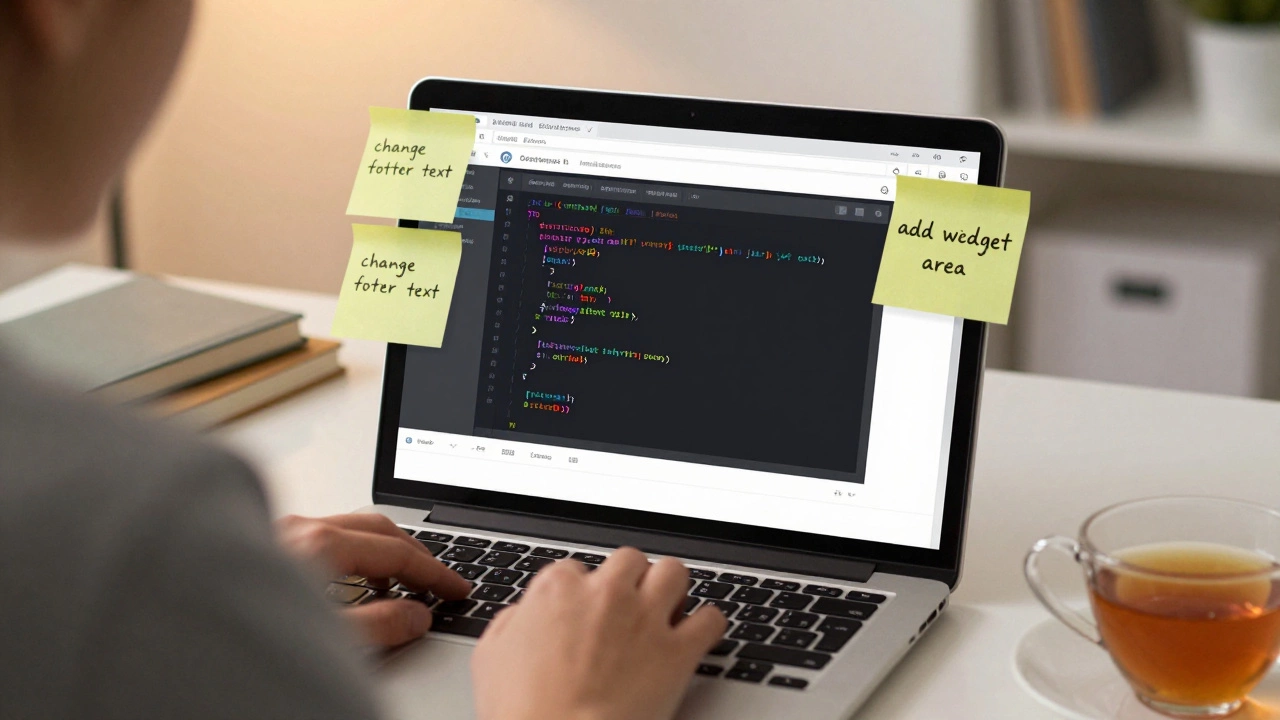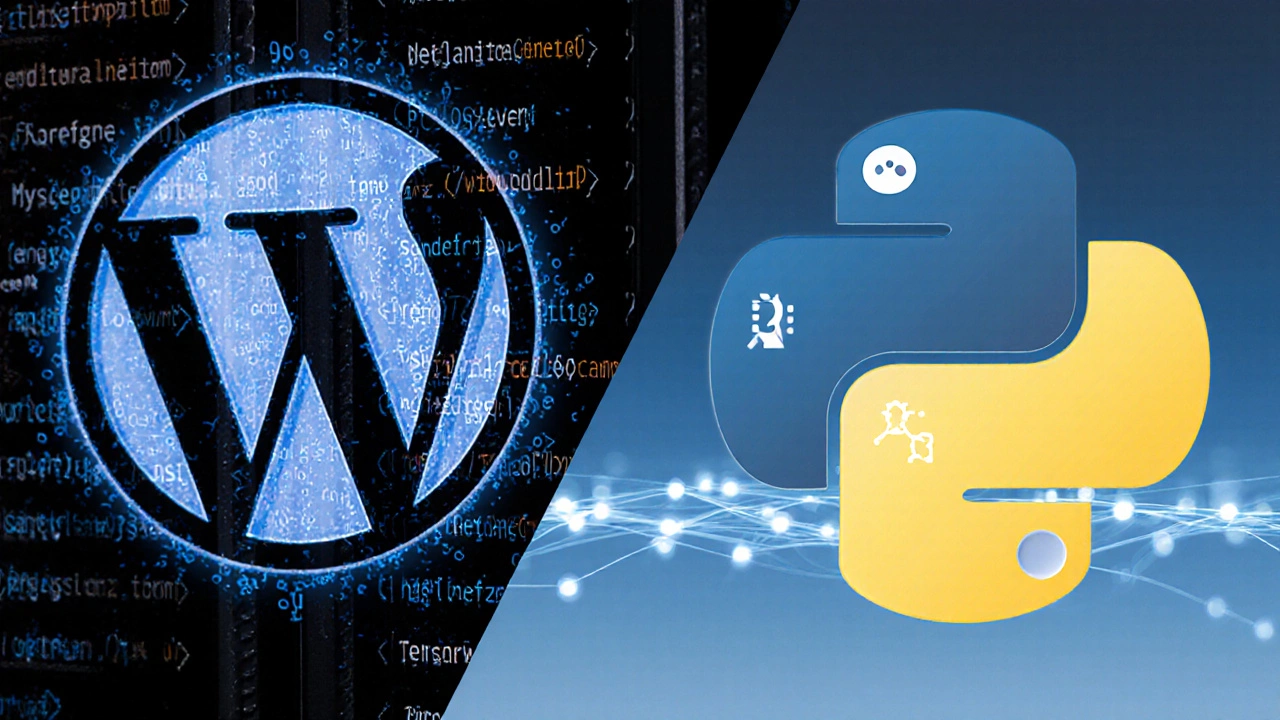WordPress Development Services in the UK
At Arachnid Web Solutions we build WordPress sites that work fast, look great, and grow with your business. Whether you need a simple blog or a complex e‑commerce platform, our team handles everything from theme design to custom plugin development.
What we deliver
We start by mapping your goals, then pick the right theme, plugins, and hosting plan. Our developers write clean PHP and JavaScript, so the site stays secure and easy to update. Need a unique feature? We create custom plugins that fit right into WordPress core, avoiding bloat and keeping performance high.
Every project includes responsive design, SEO‑friendly markup, and speed optimisation. We also set up regular backups, security scans, and performance monitoring so you never have to worry about downtime.
Why choose WordPress?
WordPress powers over 40% of all websites, which means a huge community, tons of plugins, and constant updates. It’s flexible enough for a local coffee shop landing page and powerful enough for a multinational online store.
If you wonder whether professionals still use WordPress, the answer is yes. Agencies and large brands rely on it because it scales, integrates with third‑party services, and lets developers write custom code where needed.
Our recent blog posts dive deeper into common questions: Can you learn WordPress in 2 days? gives a quick‑start plan, while Is PHP necessary for WordPress? explains when you can skip code and still get a solid site. Check out WordPress development as a career for insight on job prospects in 2025.
We also keep an eye on the future. Articles like Will WordPress stay relevant in 2025? explore upcoming trends, so you know your site won’t become outdated tomorrow.
Need an online store? We specialise in WooCommerce setups, from product import to payment gateway integration. Our custom checkout tweaks reduce cart abandonment and improve conversion rates.
Maintenance is part of our service. We offer monthly plans that include core updates, plugin checks, security hardening, and performance tweaks. If your site ever needs a move, we handle migrations with zero downtime.
Ready to get started? Contact us for a free audit of your current site or a zero‑cost quote for a brand‑new WordPress build. We’ll give you a clear roadmap, timeline, and price – no hidden fees.
Choosing Arachnid means you get a partner who talks plain English, moves fast, and fixes issues before they affect users. Let’s turn your ideas into a WordPress site that converts visitors into customers.











